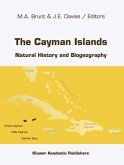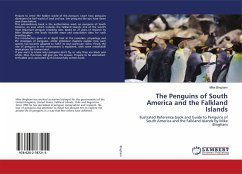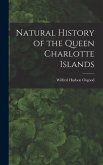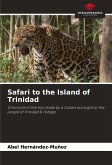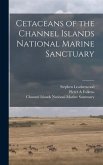The islands of the Antilles are, in general, mountainous. In the Greater Antilles there are hundreds of caves excavated in the limestone. The rivers, however, are few and short. Volcanoes are abundant in the small Antilles. Near the coast there are oceanic trenches where the sea reaches great depth. But on many islands there are extensions of the island platforms, which turns these coastal segments into beaches and wetlands. The climate is tropical. They have warm temperatures and abundant rainfall during the rainy season of the year. Additionally, hurricanes form in the area. The vegetation grows in great variety, with many exclusive and exuberant species on almost all of the islands, providing extraordinary shelter and food capabilities to wildlife. In general, its fauna varies from one island to another, although large mammals are scarce on all of them. Birds and fish are very numerous. Iguanas, bats, and turtles also abound... Despite its small territorial area, the Antilles maintain one of the highest rates of presence of threatened species like no other biodiversity "hot spot" worldwide.
Bitte wählen Sie Ihr Anliegen aus.
Rechnungen
Retourenschein anfordern
Bestellstatus
Storno



